In the presidential debates the participants’ microphones need to be turned off whenever they are not answering a question from the mediator.
The final 2020 presidential debate took place last Thursday with an interesting — and unprecedented — development. During the candidate’s opening statements, their opponent’s mic was muted. Once those two minutes were up, however, both could speak freely, according to The New York Times.
As a result of the lack of consistent regulation, the participants used their time to twist their answer into something that either criticized their opponent or appealed to a larger audience. It was rare that they gave a clear concise answer or even an answer at all.
Muting the debaters’ microphones limited the extra production in each response and forced the candidates to directly answer the question. This would make the debates more productive, allowing the audience to hear a clear answer to the questions.
Since the first presidential debate, it has been clear that President Donald Trump does not have the debate skills needed to win over an audience. He was lacking facts and he was unprepared to respond to the questions asked. Instead, his strategy at the first debate was to throw his opponent, former Vice President Joe Biden, off his rhythm by interrupting him almost every time he spoke.
This resulted in a 90 minute argument, with the two candidates making unclear statements and opinions while never really answering one question head on.
The vice presidential debate showed what a debate should look like, for the most part. Instead of talking over one another and putting down the other’s campaigns the entire time, Senator Kamala Harris and Vice President Mike Pence came to the room with actual facts and points to make.
After the first debate, the concept that the mediator should be in control of the debaters’ microphones had been considered. While this would stop the candidates from going over time and interrupting their opponent, it posed a whole new issue that would change the face of politics.
They would need to answer the question directly the moment it gets asked. There was no room for extra information or fluff. Once their time was up, they would be done.
Throughout the three presidential debates, it was rare to find a candidate answering a question directly. In the first presidential debate this year, each debater took their time and floated around the answer before stating their point. Sometimes, they did not make a point relevant to the question at all.
The candidates went over their allotted time to finish making their argument, causing many viewers not to hear the answer as chaos commenced to get the candidate to stop talking.
As a first time voter this year, I found it incredibly hard to determine what was fact and what was fiction. Add the constant interruptions and lack of a clear argument, and I was lost.
I, like many other registered voters I know, had already made up my voting decision before the first debates even started. By the time the final debate finished, I had already sent in my ballot. But I still wanted to hear the specific plans each candidate had and what was most important to them.
After the train wreck that was the presidential debates this year, it is clear that candidates need to take a different approach toward campaigning. There are countless advertisements – and debate comments – about why their opponent is bad and why you shouldn’t vote for their opponent. However, there isn’t a lot said about why you should vote for them.
And isn’t that what the debates are all about?
I don’t remember much about the debates eight years ago when President Barack Obama was elected. I was only a ten-year-old girl who would sit with my mom playing with legos while she watched. I do remember how excited she got listening to Obama speak, and how motivated she was to vote for him. She believed in what he could do.
Now, she calls me after the debates to tell me how hopeless she feels. She related the debate to a room full of children, all yelling at each other trying to be heard but refusing to listen. She no longer feels that deep belief.
That is not what politics are about. That is not what the presidency is about. The leader of this country needs to hear as well as be heard. That is the only way to make progress towards a better future.
Follow Alida on Twitter @AlidaBenoit.


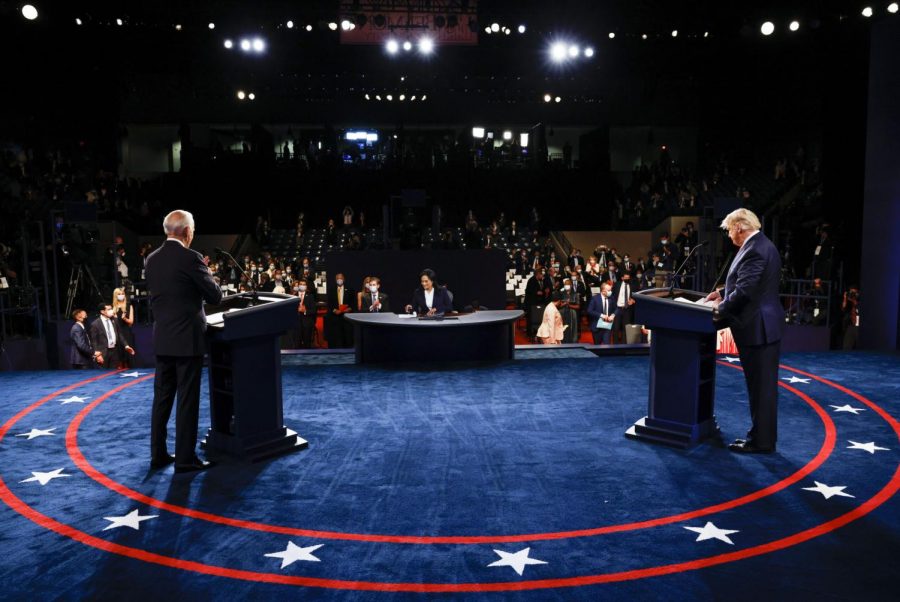





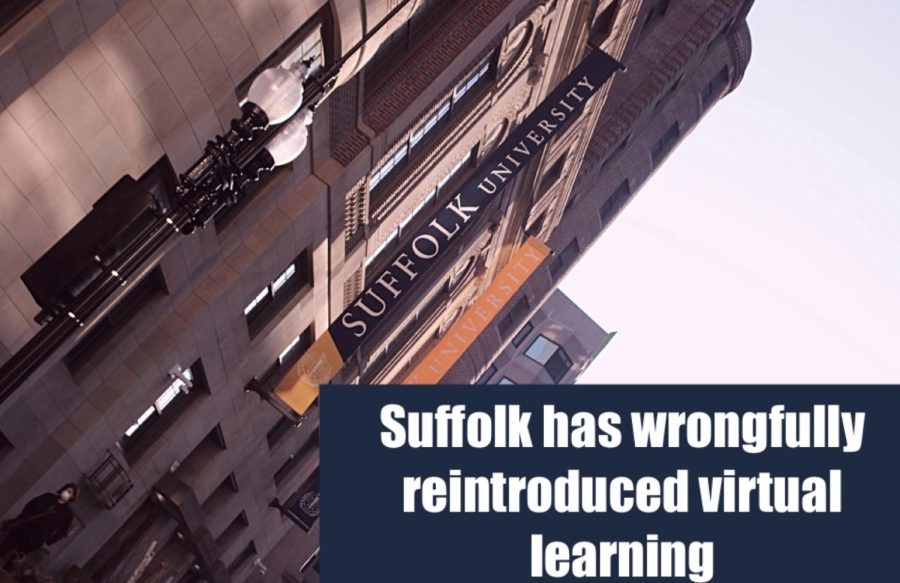



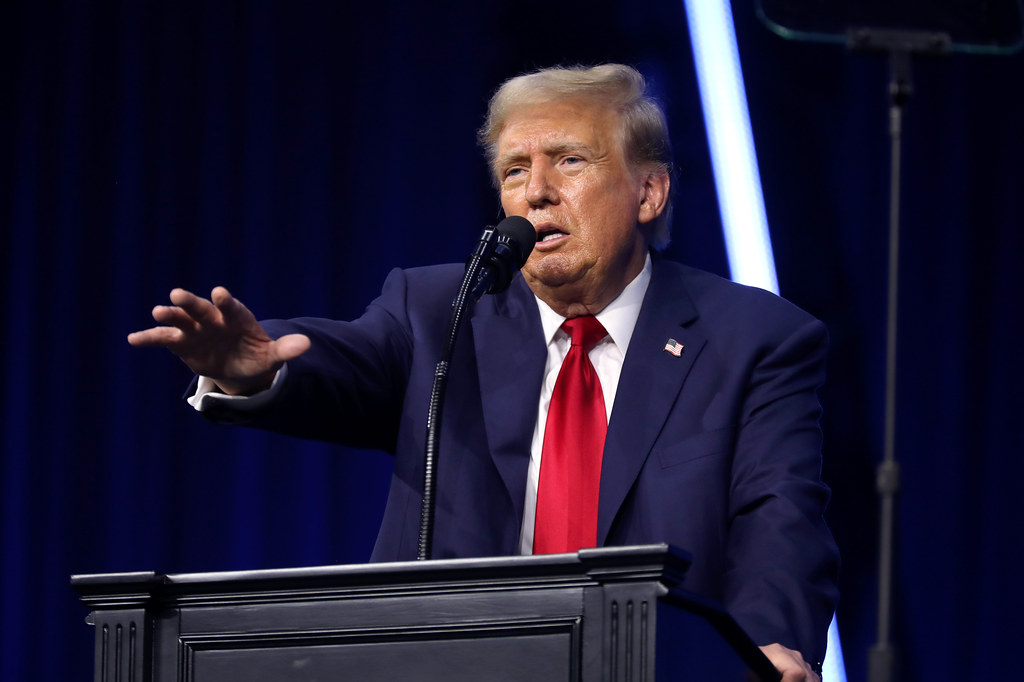






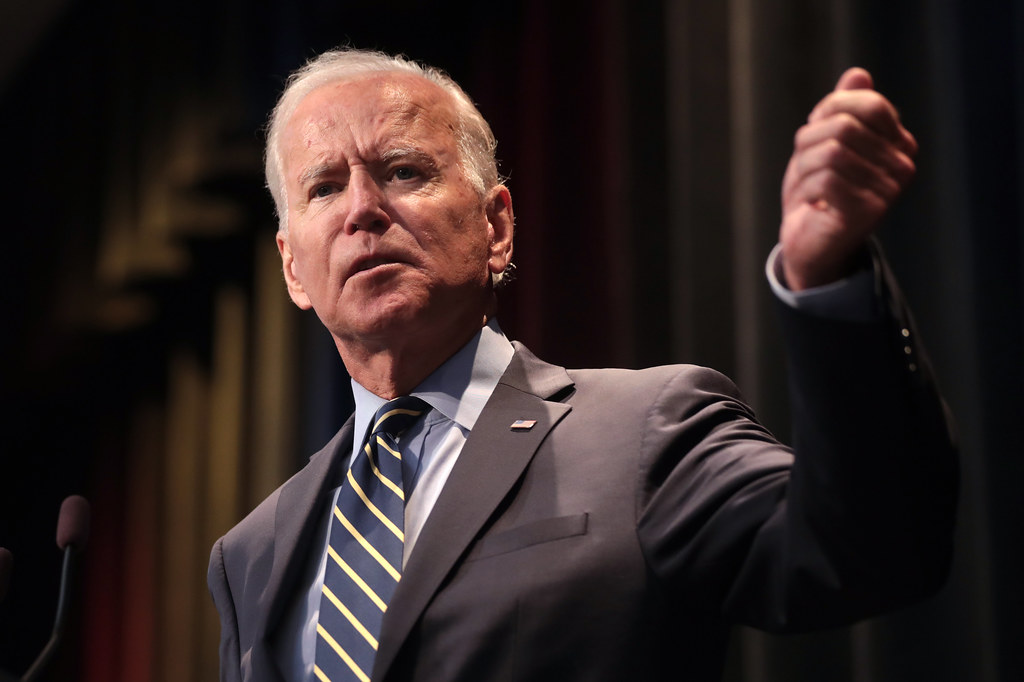
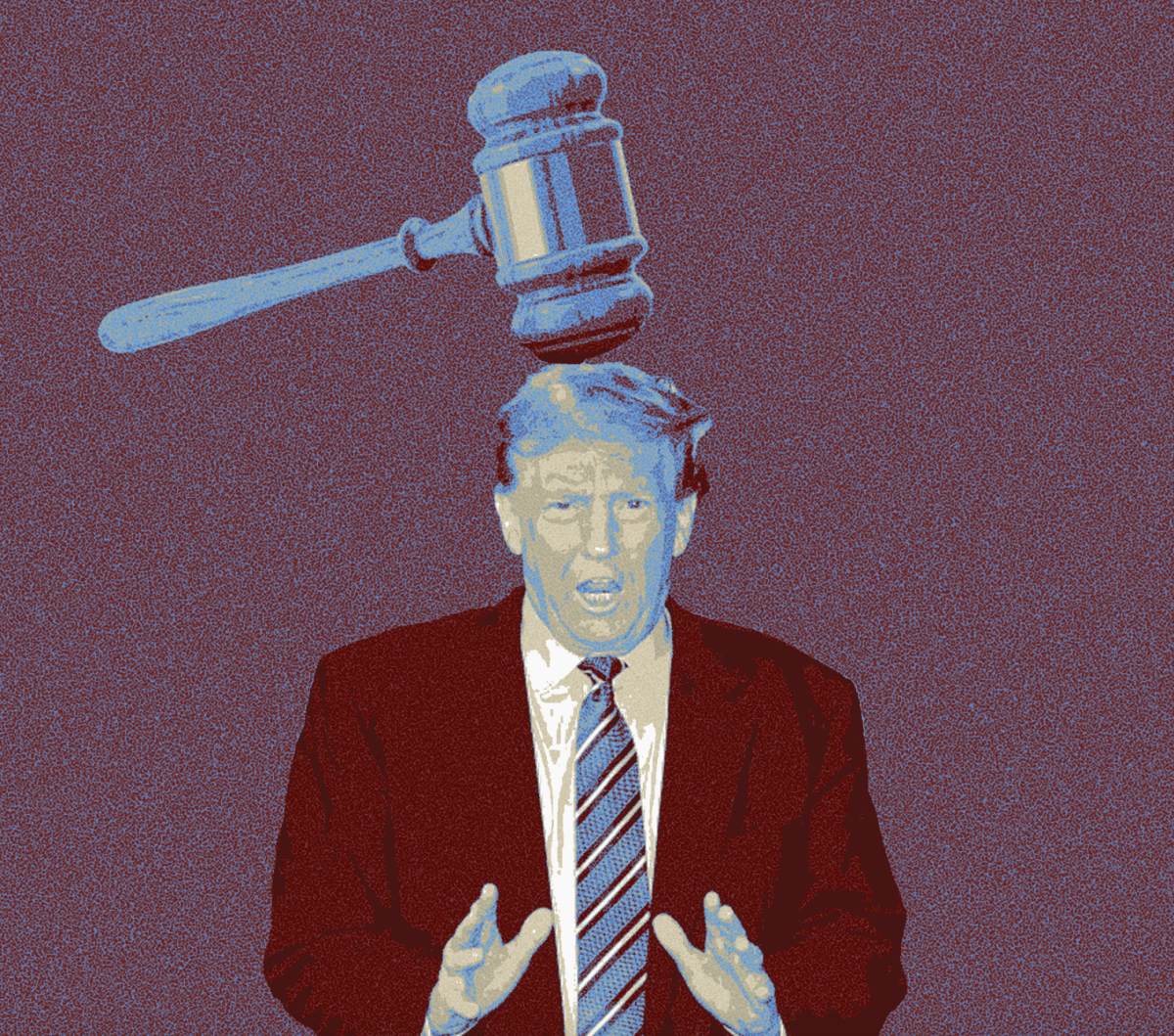

Becky Davis • Oct 28, 2020 at 6:05 pm
Excellent job addressing this very current issue! So proud of you, young lady, for using and broadening your writing talents! Count me as one of your followers.